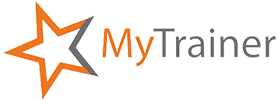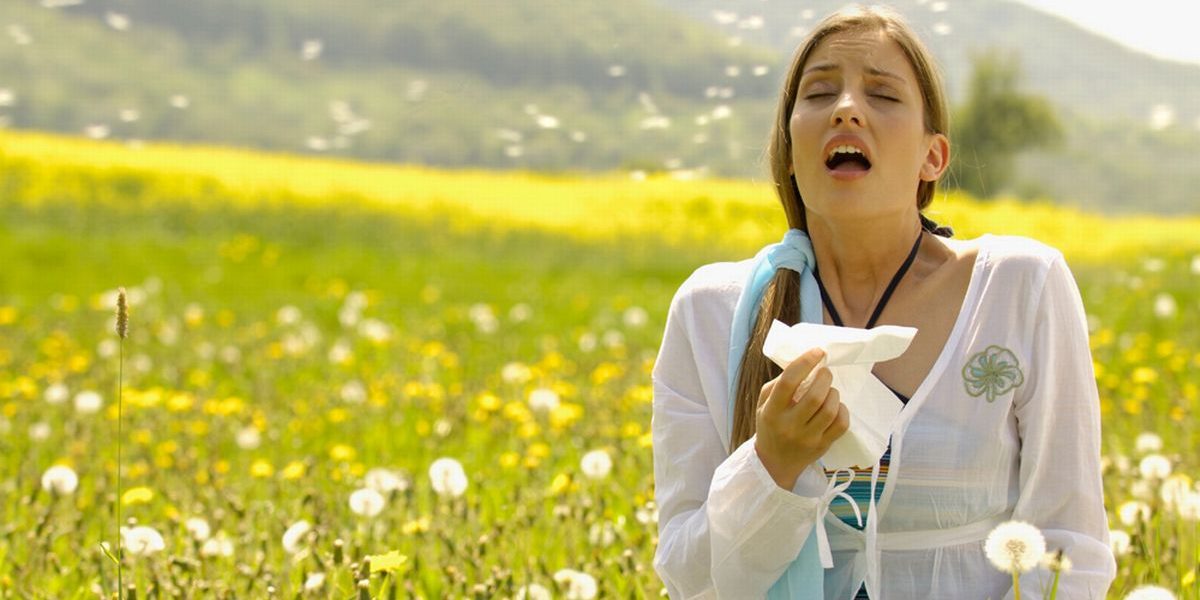How about all this wind! I was in the city last week and it was literally raining pollen. Melbourne city and inner city suburbs are lined with the beautiful Plane trees which go to fruit in the spring months. It is these little spiky ‘fruit’ balls that easily break apart and release fluffy pollen like hairs that float through the wind, and, if you’re not lucky they will be inhaled and cause terrible irritation to your mucous membranes in the throat, nose and eyes.
The ABC has recently reported this year will be among one of the worst years for allergy sufferers due to the increased rain over winter producing good grass growth (good for the farmers at least) in the rural surrounds of Melbourne. Once the grass begins to flower the pollen will be blown into the urban areas intensifying the issue.
These pollens can cause a plethora of unpleasant symptoms like:
- Itching eyes, throat and nose
- Sneezing
- Watering eyes
- Runny nose and increase mucous production/secretion
- Sinus related symptoms like headaches, pressure behind the eyes, aching teeth, tenderness over the face
- Ear infections
- Stomach cramps
- Skin rashes/hives
- Even constipation and diarrhoea
If you’re an allergy sufferer or maybe your experiencing it for the first time, here are my top 5 recommendations on how to tackle these symptoms naturally:
Prevention is the best cure – if it’s windy stay indoors, if venturing outside use protection over your eyes, nose and mouth to avoid contact with irritating pollens that will trigger the allergy response of the immune system.
Nasal washing – Jala Neti is a cleansing process originating from yogic philosophy referred to as Kriya yoga. Washing the nasal passages with warm salty water directly cleans, purifies and has an antiseptic effect. It helps to loosen mucous and eliminate any congestion that is high up in the sinuses. If used in the morning it helps to clear the nose making breathing easy and allowing the natural air filtration system for the body to work efficiently. Using before bed will wash out any dust or pollen accumulated throughout the day and help you have a more restful sleep. You may even find relief from headaches and other sinus related symptoms mentioned above when incorporated into a regular self care routine. Here is a video that demonstrates the use of a Neti pot https://www.youtube.com/watch?v=B2EoIKu0dbc you don’t have to use pre-prepared sachets of sodium chloride. Table salt or sea salt dissolved in warm water will do the same job. You can purchase a neti pot at selected health food shops.
Bromelain – is an enzyme found mostly in the core of pineapples, it has proteolytic actions (proteo – protein, lytic – to break down) which makes it great to assist in the digestive process, however Bromelain also acts an an anti-inflammatory by blocking the production of the chemical messengers that promote inflammation. During spring and summer try to eat pineapple everyday, especially including the core of the fruit You may also like to include a fresh (must be freshly juiced) juice of pineapple in addition to or instead of eating it.
Quercetin – is a bioflavinoid found in fruits and vegetables and is a pigment that gives fruits, vegetables and flowers their colour. It acts as an antioxidant but has also been shown to prevent the release of histamine from the immune cells. The liberation of histamine from the White Blood Cells is what causes the major symptoms of Hay Fever. In addition to quercetin other bioflavonoids, hesperiden and rutin, and vitamin C all work synergistically to help stabilise an over active immune response. The best sources of these bioflavonoids is: onions, garlic, citrus fruits (especially the white pith surround the fruit), apples and brassica vegetables (broccoli, cauliflower, cabbage etc)). Cook with onions and garlic every day if possible, increase your consumption of brassica vegetables both cooked and raw and choose citrus fruits, apples and pineapple for your daily fruit intake.
Vitamin C + Zinc – Have both been shown to have beneficial effects on the immune system. Vitamin C can help modulate an over active immune response to allergens where as zinc can greatly reduce the duration and severity of experienced symptoms, as well as helping to aid in healing of any inflamed nasal tissue. It is important to note that Vitamin C, Zinc and Bioflavinoids work synergistically, meaning they have a greater effect when in combination than they do if taken separately. Supplement if necessary with the vitamins, minerals and bioflavonoids mentioned above in acute attacks. You can find these at your local health food store or pharmacy.
For supplement advice or recommendations or for a more tailored approach to managing your health concerns book your free 15 minute consultation.

